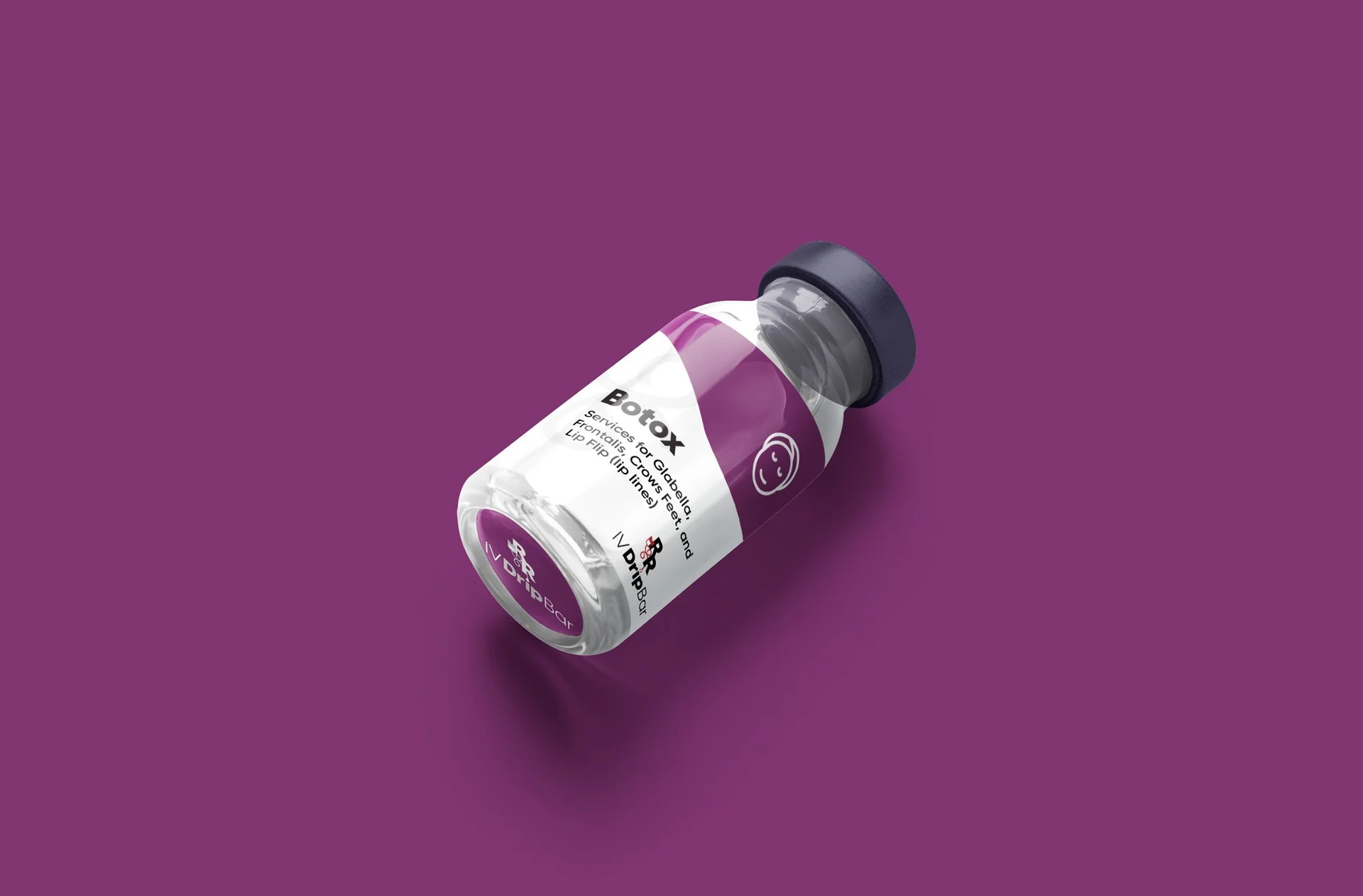How Vitamin B12 Effects the Body
Vitamin B12, or cobalamin, is water-soluble, aids in metabolism, and is one of 8 B vitamins. All animals need vitamin B12; it is necessary for DNA synthesis and we would not be able to metabolize fatty or amino acids without it. It plays a role in the synthesis of myelin, the sheathing around our nerves, without which our bodies are unable to function. It also is important for our circulatory system as it helps red blood cells mature in our bone marrow.
Vitamin B12 is the most chemically complex of all vitamins and cannot be made by the body; we must get it from the outside world sourced from animal-derived products or supplements.
Having low B12 levels is actually quite rare. The human body is capable of storing several years worth of the stuff in the liver. However, B12 deficiency is most commonly seen in vegetarian or vegans, the elderly, and patients infected with HIV. Most of us in developed nations are able to accumulate a proper amount of B12 through fortified food and the animal-derived products we eat.
The inability to absorb B12 via the digestive tract can lead to certain types of anemia; without B12 red blood cells do not form or mature properly. Vitamin B12 administration is a direct treatment for pernicious anemia which resolves quickly once the vitamin is given to the patient.
Vitamin B12’s History
The discovery of B12, its benefits, and medical uses is interesting. For pernicious anemia, a disease that the medical community had been fully aware of since 1849, the drive towards a cure was just that and the research was never meant to find a vitamin supplement. By the 1920s Dr. George Whipple had found that feeding liver to anemic dogs improved their condition. Since we now know B12 is stored in the liver, this makes sense. However, the prescription was for the patient to eat 1/2 pound of raw liver or raw liver juice a day.
Two researchers by the names of George Minot and William Murphy set out to identify the specific property of raw liver that helped people with pernicious anemia. They were successful in showing that the tissue of the liver itself was the secret to its curative properties. Whipple, Minot, and Murphy won a Nobel Prize in 1934 for their efforts and discoveries.
As the years went on other researchers and medical professionals found ways to create liver extracts to make the prescriptions easier to take, and less arduous! In 1948 vitamin B12 itself was identified, isolated, and named cobalamin. By the 1950s Dorothy Crowfoot Hodgkin, a British chemist, was able to determine B12’s molecular structure and produce the vitamin in large quantities using bacterial culture.
Vitamin B12 Treatments
We now know how important B12 is for a body to function optimally. We also know that oral supplementation has limits; gastric juices and stomach acids break much of the substance down before it can enter the blood stream, for example. The proven absolute best way to supplement vitamin B12 is with an injection or IV infusion. It is a well-studied and understood molecule. Regular B12 injections, as little as 1 milligram per month, helps to lower homocysteine levels in the blood which reduces the probability of heart diseases and strokes. B12 injections act as a stimulant for energizing the body; a 6-7 milligram dose of vitamin B12 injection per week for 3 weeks is a recommended cure for chronic fatigue syndrome (CFS).
At R&R IV Drip bar we offer B12 alongside our treatments as an addon. B12 preparations are also available in out Rewind/B-Lean and Myers Cocktail drips. Please feel free to browse our selection of drips and service. Contact us directly is you have any questions or would like a consultation!

















